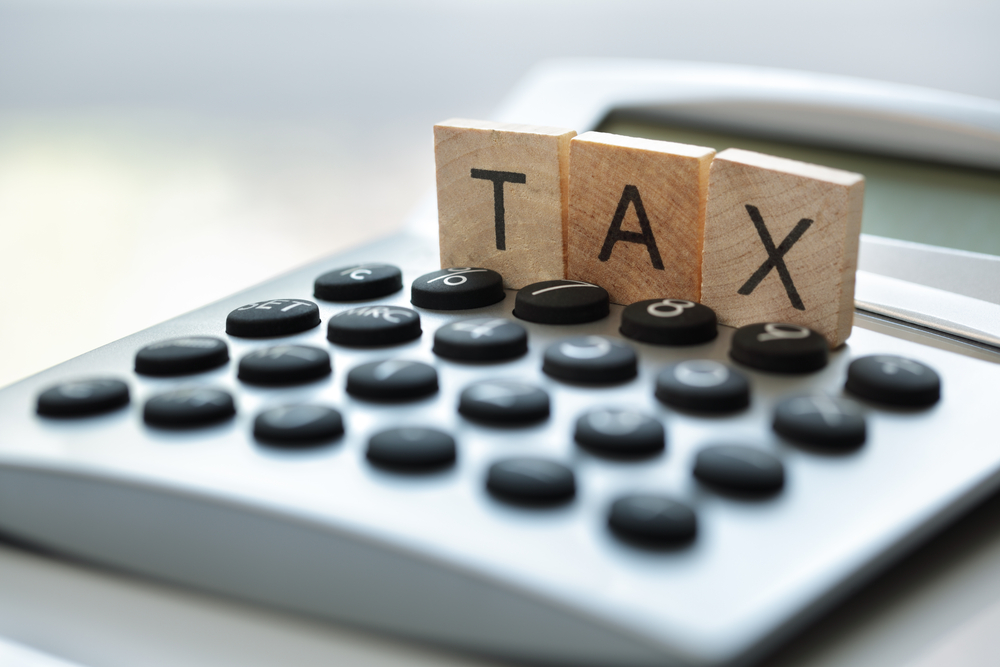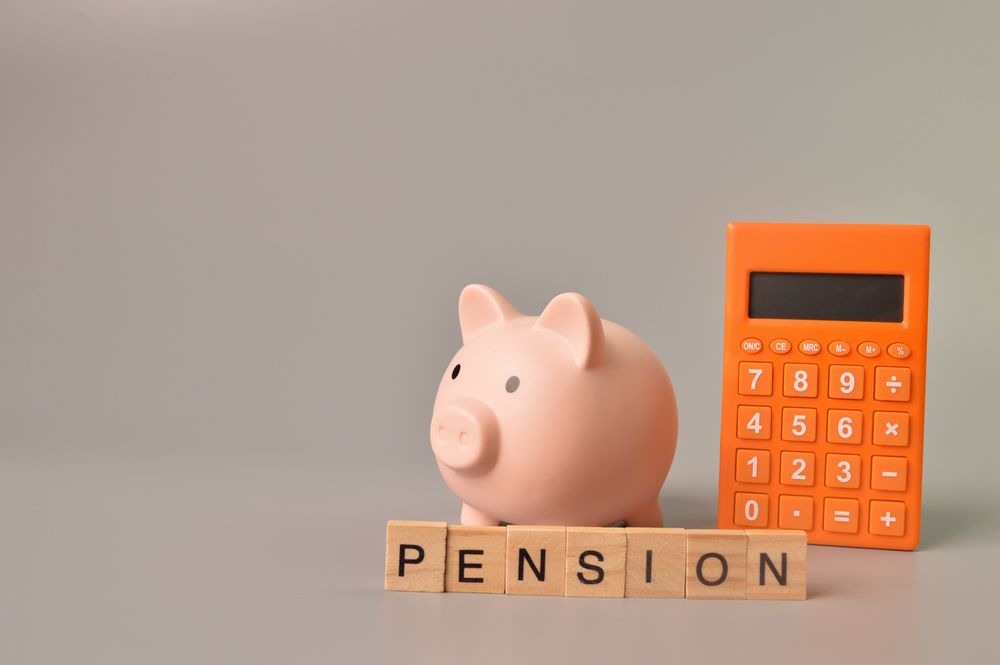Women would need to add to their pension pots for an extra 19 years to equal the retirement funds of men, a pension provider reveals.
On average, by the time women reach the state pension age of 67, they’d have saved around £69,000, while men would have amassed £205,000.
That marks a disparity of £136,000 and, therefore, with auto-enrolment of pensions beginning at 22, women would have to contribute to their state pension at three years old to match men’s contributions.
This is heavily influenced by the huge discrepancy in what men and women earn, according to Now: Pensions’ report into the gender pension gap.
A man will earn an average of £33,000, just under £10,000 more than a woman’s average annual income of £24,800. Due to this, by the time women are in their late 50s, they’d have accrued just over two-thirds (62%) of the pension that men of the same age have.
Further, as 79% of women earn less than the automatic enrolment threshold of £10,000, the number of female workers who can make contributions to their pension pot is significantly fewer. The pension provider report showed there are 1.9 million female employees in the UK who fit that criterion.
Meanwhile, other factors causing the difference in state contributions include taking time away from work to raise families, affording childcare, and women’s longer life expectancy. While women live on average seven years longer than men, their savings have to go further, which has led to 67% of pensioners who are in poverty being female.
‘Glaring reminder of inequalities women face’
Becky O’Connor, director of public affairs at PensionBee, said: “The persistent gender pension gap serves as a glaring reminder of the inequalities women face throughout their working years and into retirement.
“In the face of escalating living expenses and a steadily increasing state pension age, the obstacles looming over the next generation of female savers demand proactive intervention.”
O’Connor added: “Addressing this entrenched issue demands a unified effort from policymakers, employers, and society at large. Equal pay, including parental leave pay, equitable career opportunities, and flexible working policies that allow employees to share unpaid care work equally are imperative.”
Now: Pension proposed five improvements to the UK’s pension system so the gap between what men and women retire on narrows.
How to close the pension gender gap
- Removing the £10,000 auto-enrolment trigger
This excludes many women who hold multiple jobs, work part-time or as freelancers.
- Remove the lower earnings limit
“Pension contributions are only taken once the qualifying earnings amount of £6,240 has been deducted. This means an employee earning £10,000 will contribute 5% on as little as £3,760. The Pensions Extension Act provides the Department for Work and Pensions (DWP) with the power to change this by regulations – the next procedural step to deliver this, a consultation, is needed urgently. - Introduce a family carer’s top-up
Career interruptions have a major impact on pension wealth. A family carer’s top-up would see those taking time out of work paid at the equivalent of an employer’s contribution at the same level as the national living wage. - Considering pension pots on divorce
In many cases, pension savings are often the second-most-valuable asset after a home. This is why it’s essential women understand this when settlement terms are being negotiated. In a divorce situation, sharing pension savings could play a huge role in narrowing the gender pension gap. - Ensure affordable childcare is available for those who want to return to work
The cost of childcare prevents many women from returning to work. Making it more affordable and accessible will allow those who want to return to work to do so.




